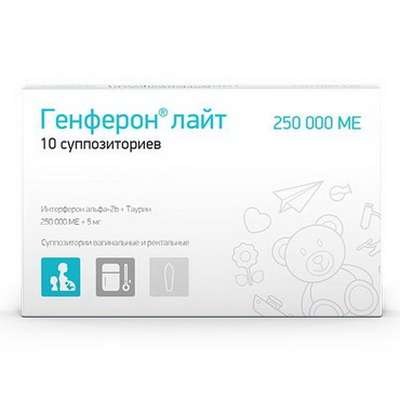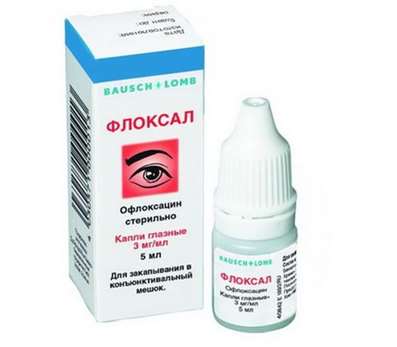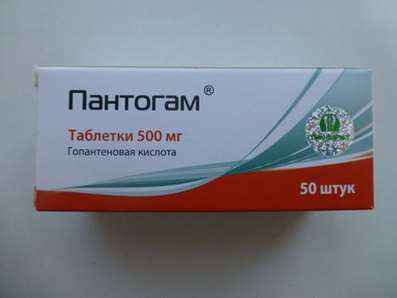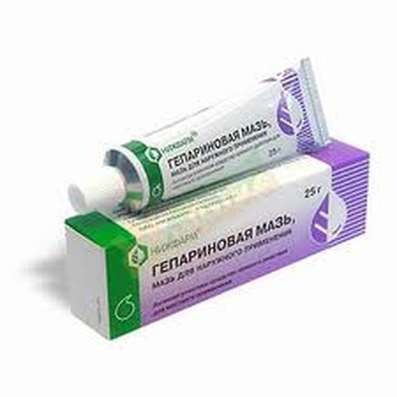Sports nutrition: the maximum effect without any damage to health (Continue. Part 3)
20 Oct 2016
SPORTS NUTRITION
Perhaps the most common problem to any athlete - is muscle cramps. One of the reasons that lead to them - a violation of the body's supply of minerals. One of the most common mineral in the body is calcium. For people engaged in sports, it is important to understand that with a lack of calcium muscles can not quickly and strongly reduced, it increases the likelihood of bone fracture, bleeding occurrence with injuries. The daily requirement for this mineral ranges from 800 to 1200 mg, depending on the training loads, and contain it in foods such as yogurt, kefir, cottage cheese, milk, cheese. We must remember that the proper absorption of calcium in the body can occur with magnesium and phosphorus intake.
Among the trace elements iron plays a special role, it is absolutely necessary to maintain health and is one of the main sources of hemoglobin, which is especially important for athletes. But the fact that iron is involved in the formation of red blood cells, does not mean that it can exist in any quantity. The daily body's need for this trace is 10-20 mg per day, and the athletes - 20 per cent more, but before you start taking iron, you should consult with a sports doctor. It happens that a lot of iron in the body, and the hemoglobin is still not improved. In such cases, the constant use of iron supplements can lead to very serious disease, such as hemochromatosis. A female, on the contrary, it is often iron deficiency, when iron is desirable to increase the dosage during the menstrual cycle. Only after consultation with a sports doctor, you will be able to understand, in what quantities you need to use vitamins and minerals that help the body to maximize the training period and cause minimum damage to health.
Special attention in the sports nutrition should be paid to the water (or liquid). The minimum amount of consumption per day - 2 liters of mineral water, juices, milk, sports drinks (carbohydrate, vitamin and mineral). Oddly enough, it was a lack of fluid in the body (especially in the sports of endurance where hours of load lead to the loss of large amounts of water) along with other factors may significantly reduce the efficiency and prevent an athlete to gain the optimal shape. Besides, if you keep your diet in order to lose weight, you face an even greater drainage, so pay special attention to maintaining water balance in your body.
Water can hardly be considered a nutrient because it has no caloric value. At the same time, it plays the second most important role after oxygen. In the body of the young man the water is about 60% of the total body weight in women - 50%. A person can survive the loss of 40% of fats, carbohydrates and protein, but the loss of 9-12% water leads to death.
Water is essential for physical activity:
- red blood cells carry oxygen to active muscle via the blood plasma, which is mainly composed of water;
- Nutrients (glucose, amino acids and fatty acids) are also transported into muscle plasma;
- intermediate metabolic products leaving the cells to penetrate into the plasma from and excreted;
- hormones that regulate metabolism and muscle activity while performing physical loads are transported to their target blood plasma;
- body fluids contain buffering agents to ensure a normal pH in the formation of lactate;
Water returns contributes heat that is generated during exercise and warns thus Overheating organism.
Even minimal changes in the water content in the body can affect the physical activities that require endurance manifestations. fluid loss result in a decrease in plasma volume. This causes the reduction of blood pressure, which in turn reduces the blood supply to the muscles and skin. As a result of these reactions is increased heart rate. Because skin blood flow is restricted, violated heat transfer process, and the body retains more heat. Thus, for dehydration for more than 2% of the body weight, heart rate and body temperature during exercise are increased. When dehydration reaches 4-5% of body weight, ability to perform aerobic exercise duration direction is reduced by 20-30%.
In light of all the foregoing, it becomes clear how important it is to use in the training process (directly during exercise) sports drinks rich in carbohydrates and minerals. They have a positive effect on muscle performance, allowing sufficient "fuel" for the formation of energy as well as an adequate amount of liquid for rehydration. Even if the body does not require liquid, it does not mean that it does not need it. With moderate load for one hour in an athlete weighing 70 kg with an air temperature of 20-25 degrees fluid loss reaches 1.5-2 liters, so you should start to drink before thirst, and after training or competition immediately drink another glass of water.
To improve brain activity you need to buy Phenotropil.
Practical advice:
drink before each exercise 300-400 ml of fluid, and during exercise drink, on average, every 25 minutes with 30 ml.
before the race in 1 hour before the start is recommended to drink 400-600 ml of isotonic drink, and if 15 minutes before the start there is the feeling of thirst, the need to drink 100-200 ml of hypotonic drink (isotonic by gipotonik characterized in that the first concentration of salts - such as in plasma, and the second salt is less than that in plasma).
With a sense of thirst can not go to the start, but directly during the race you need to drink every 15-20 minutes in small portions at 25-30 ml.
According to recent studies, increasing efficiency is only possible with the consumption of sugar is not less than 50 g / h. Most sports drinks contain only about 6-8g of sugar per 100 ml. Athletes involved in cyclic sports, have to drink about 625-833 ml of these drinks every hour to provide the body with the right amount of carbohydrates. However, most people during exercise is able to drink about 270-450 ml / h of liquid. Therefore, effective can only be considered as beverages that contain less than 11 grams of carbohydrates per 100 ml. In order to prevent hyponatremia typical for people involved in cyclic sports drinks should be used in which the sodium content is less than 25 mmoles per liter. It should also be noted that although the electrolytes (sodium, chloride and potassium) and are necessary for obtaining good shape and maintain performance during exercise, though during training is desirable to use drinks with lower their content to prevent delays gastric motility that in turn, may adversely affect the water exchange and the "supply" of carbohydrates.

 Cart
Cart





